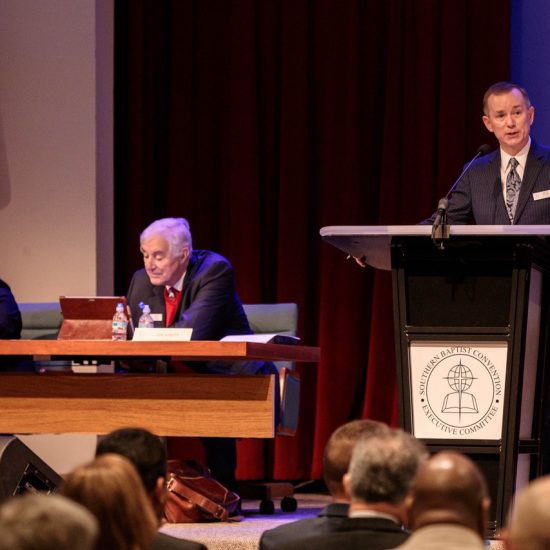The Old Testament speaks of taking care of widows, orphans and sojourners. The Epistle of James says true religion is marked by care for widows and orphans. Are these categories still in effect for Christian ministry? How can we address these matters?
Widows had no property rights in ancient Israel, so if their families didn’t care for them, they faced poverty and starvation. Orphans had few rights as well, so if family members didn’t help them, they suffered the same fate. Sojourners, sometimes referred to as “aliens,” were away from family members and friends, so no one was present to help them.
All three of these groups were vulnerable prey for oppressors. That’s why the Old Testament law (Exodus 20:10; 22:22; Deuteronomy 10:18) and prophets (Isaiah 1:17, Jeremiah 22:3) called for their protection. The Scriptures warned God would judge those who took advantage of them. In relation to sojourners, the Lord reminded the Israelites they were sojourners themselves once (Exodus 22:21).
This concern carried over into the early church. Acts 6 tells us early Christians fed widows daily. This practice became controversial when some of the widows felt they were being neglected in the distribution of food. The church felt the matter was so important, it appointed seven men to make sure widows were treated fairly. James 1:27 says true religion the Father accepts as pure and faultless consists of looking after orphans and widows in their distress.
Throughout its history, the church has sought to minister to vulnerable people like these. It has provided care for widows and orphans and offered protection and sanctuary to sojourners. We Baptists in America established institutions for the care of orphans, and many of our state Baptist conventions have children’s homes.
Thankfully, the plight of widows, orphans and sojourners isn’t as dire as it was in the ancient world. Life insurance, Social Security benefits and the like have cushioned the financial blow of losing a husband or father. Nonetheless, caring for such people still is important to Christian ministry.
Churches are doing much to care for the vulnerable. In relation to widows and orphans, some sponsor support groups that help the grieving work through the losses of their loved ones. Churches also support institutions that provide care for vulnerable children.
In relation to sojourners, some churches offer English-as-a-Second-Language classes. Others provide counseling to those who wish to pursue citizenship in our country. Illegal immigration is an emotional issue in our country. Regardless of individual views on the subject, Christians surely can work together to make sure immigrants—documented or otherwise—never are oppressed by the unscrupulous, have access to medical care, and receive just and fair treatment.
Robert Prince, pastor
First Baptist Church, Waynesville, N.C.
Right or Wrong? is sponsored by the T.B. Maston Chair of Christian Ethics at Hardin-Simmons University’s Logsdon School of Theology. Send your questions about how to apply your faith to btillman@hsutx.edu.

